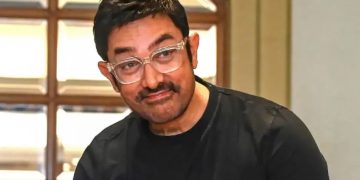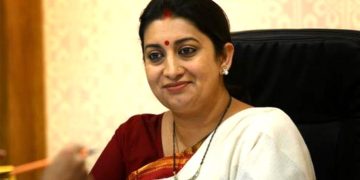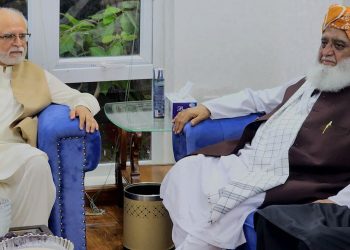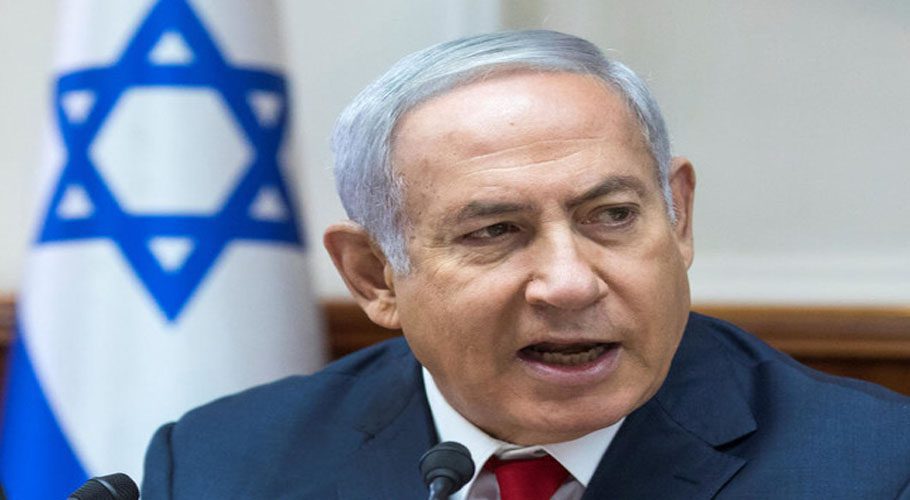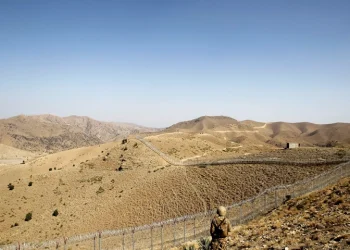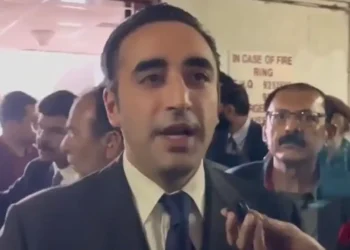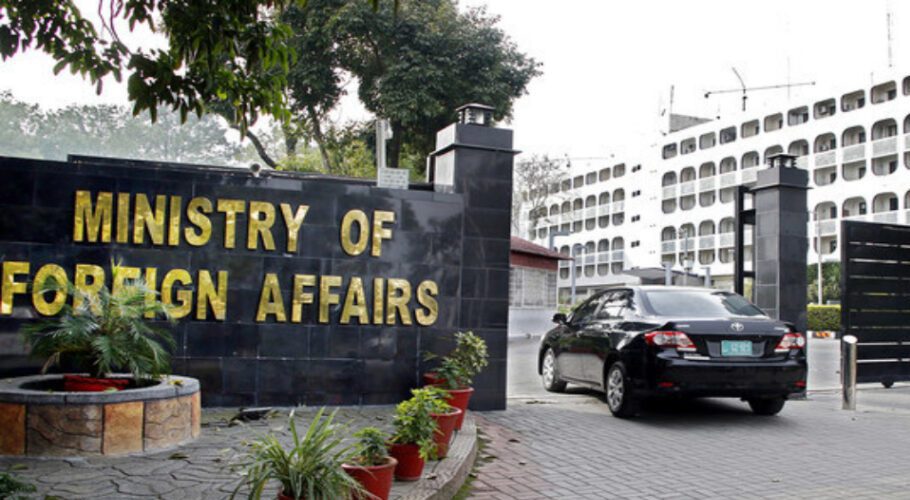WASHINGTON: President Joe Biden and Russian President Vladimir Putin have agreed in principle to a summit over Ukraine, offering a possible path out of one of the most dangerous European crises in decades.
The office of French President Emmanuel Macron said in a statement on Monday he had pitched both leaders on a summit over “security and strategic stability in Europe.” The White House said in a statement that Biden had accepted the meeting “in principle” but only “if an invasion hasn’t happened.”
“We are always ready for diplomacy,” White House Press Secretary Jen Psaki said. “We are also ready to impose swift and severe consequences should Russia instead choose war.”
Details about the proposed summit which was announced after a volley of phone calls between Macron, Biden, Putin, Zelenskiy, and British Prime Minister Boris Johnson are unclear.
Macron’s office and the White House said the substance of the summit would be worked out by U.S. Secretary of State Antony Blinken and Russian Foreign Minister Sergei Lavrov during their upcoming meeting planned for Feb 24. What role Ukraine would play in the summit, if any, was also uncertain.
Michael McFaul, a former U.S. ambassador to Russia, said he was skeptical the summit would happen. “But if Biden and Putin did meet, they should invite (Zelenskiy) to join,” he said in a message posted to Twitter.
News of Macron’s proposal comes after a week of heightened tensions spurred by Russia’s military buildup on Ukraine’s borders. Russian forces have been amassing around its neighbour since late last year, something Western countries say is a prelude to an invasion that could come at any moment.
Moscow denies any intention to invade, but nerves were further frayed when the Belarusian defence ministry announced that Russia would extend military drills in Belarus that were due to end on Sunday.
READ MORE: Ukraine’s President seeks ‘clear’ timeframe for NATO membership
Blinken said that the extension of the exercises in Belarus, bordering Ukraine to the north, made him more worried that Russia was on the brink of an attack. “Everything we are seeing suggests that this is dead serious,” he said. “Until the tanks are actually rolling, and the planes are flying, we will use every opportunity and every minute we have to see if diplomacy can still dissuade President Putin from carrying this forward.”
The war drums have been beating ever louder over the past few days in eastern Ukraine, where Russian-backed separatists carved out chunks of territory in 2014. Sporadic shelling across the line dividing Ukrainian government forces and separatists has intensified since Thursday. Sounds of fighting continued into Monday when a blast was heard in the centre of the city of Donetsk, which is held by the separatists. Its cause was unknown.
The rebels said that two civilians were killed in shelling by the Kyiv government forces. Kyiv has accused pro-Russian forces of shelling their own compatriots in eastern Ukraine to blame the attacks on Ukrainian government forces. Western countries are preparing sanctions they say would be wide-reaching against Russian companies and individuals in case of an invasion.
British Prime Minister Boris Johnson said such measures could include restrictions on Russian businesses’ access to the dollar and the pound. European Commission President Ursula von der Leyen said Russia “would in principle be cut off from the international financial markets” and from major European exports.
Ukrainian Foreign Minister Dmytro Kuleba said it was time for the West to implement at least part of the sanctions it has prepared. The Biden administration has so far refused to do so, saying their deterrent effect would be lost if they were used too soon.





